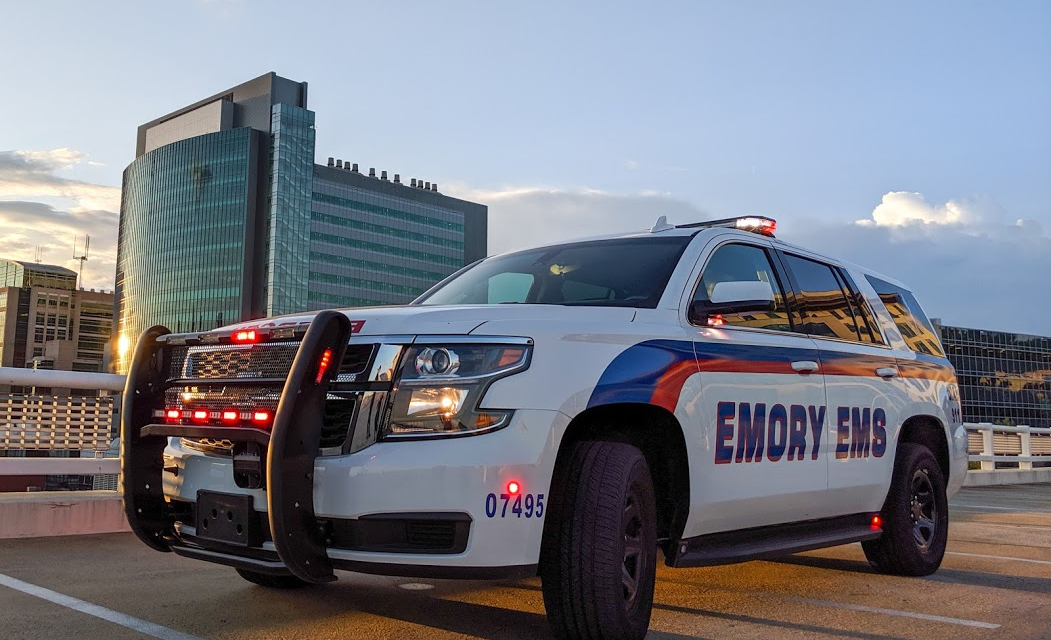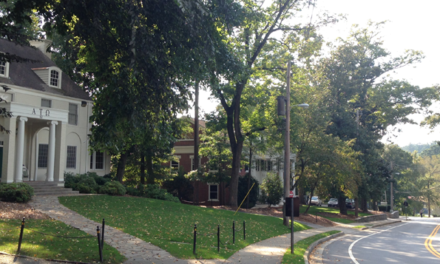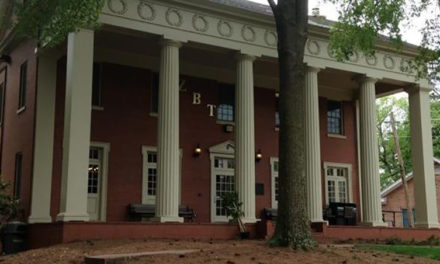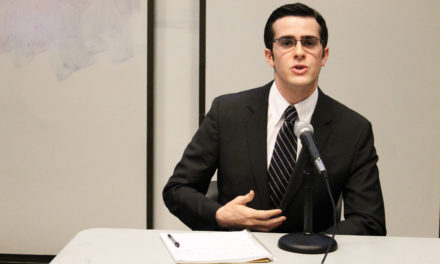Emory Emergency Medical Service (EEMS) will return in full swing for the upcoming academic year, after former Emory Police Department (EPD) Chief Rus Drew announced in April that the program would not resume in the fall.
The program previously operated under EPD but will now be quartered under the Office of Critical Event Preparedness and Response (CEPAR).
EEMS is a student volunteer program that provides emergency medical care to individuals on Emory University’s Atlanta campus and residents of the greater DeKalb County area. It remains the first and only collegiate emergency medical service program in Georgia.
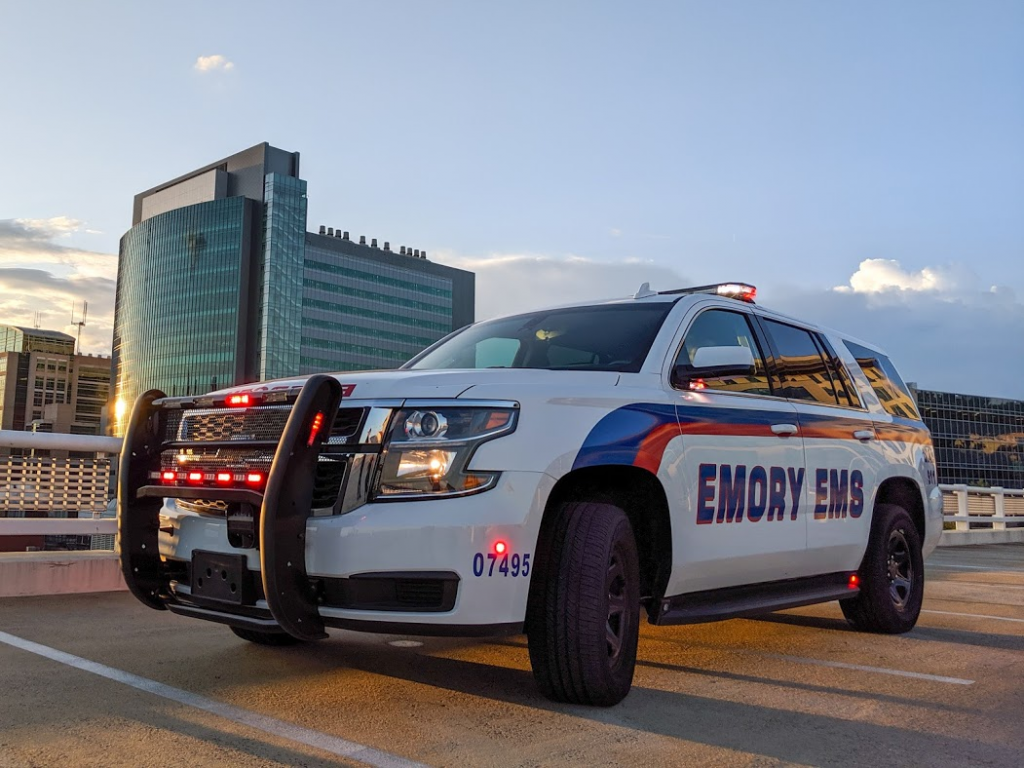
The Emory Emergency Medical Services (EEMS) program, which was terminated by former EPD Chief Rus Drew last April, will return this fall under the Office of Critical Event Preparedness and Response (CEPAR). (Courtesy CEPAR)
Director of Operations and Senior Administrator for CEPAR Sam Shartar said that EEMS, which normally responds to 5,000 calls a year, was paused in early 2020 due to COVID-19. He did not specify why leadership was transferred from the EPD to CEPAR.
CEPAR did not exist when EEMS was created nearly 30 years ago, so being housed under EPD was likely the most logical choice at the time, Shartar said.
“It probably landed there because they were looking for an operating unit that had experience responding in the community, and the police certainly had experience at that time,” Shartar said. “When we re-envisioned how to make the program better, under CEPAR is a natural fit because we can provide the expertise that we have. It’s an opportunity for [EEMS] to start fresh.”
CEPAR, which also manages emergency medical service operations and community education and teaching, has collaborated with EEMS in the past for health care and operational needs, Shartar noted.
He said that EEMS is a medical first response program while CEPAR manages and coordinates resources used by Emory’s medical departments.
Shartar also noted that EEMS has several unique merits, including a “peer” and “community-based” component and timlier responses than other emergency medical services, because of the program’s close connection to Emory’s campus and community.
Chief of EEMS Garrett Canterbury (22C), who oversees all operations and divisions under the program, emphasized the program’s convenience and minimal response time.
“Our standard for response time is five minutes or less if we’re going lights and sirens. Usually, we make it in three minutes,” Canterbury said. “That’s a big advantage especially when units from the county might be coming from a different location.”
Canterbury also detailed the array of situations he encountered, from car accidents to stubbed toes, during his tenure at EEMS.
“We’ve seen it all, and we really love that wide variety of medical and trauma calls,” Canterbury said.
Citing Shartar’s extensive background as a registered nurse and emergency medical technician, Canterbury praised CEPAR and Shartar’s leadership. He added that Shartar is “very in tune to what’s going on” and that the change in leadership “has been great for us.”
Division Chief of Support Kara Devine (22C), who manages education for new members and coordinates community outreach via social media, said she expects only minor differences working under CEPAR.
“We’re used to switching leadership from a student command staff perspective every year anyways, so there’s always little growing pains, but it’s nothing we’re not used to,” Devine said.
Division Chief of Operations Erik Hedlund (22C), who supervises all day-to-day operations, such as equipment quality, medication control and scheduling between providers, credited the program for fostering close bonds between volunteers through its training and mentorship program.
“The community that it builds, especially coming in as a freshman, you meet a lot of new people from different backgrounds and it really gives you a sense of family,” Hedlund said.
To help reboot the program, EEMS expects to lead an EMT class for students interested in participating during the 2022-2023 cycle in late August, Canterbury said.
“Emory’s much safer with EEMS in service. We really serve a supplement to the community,” Canterbury said. “We’re really excited to be back and show up on people’s worst day and turn that day into a positive interaction.”
Individuals can get in contact with EEMS by calling their emergency phone number, 404-727-6111, or visiting their website.
Grace Lee (22Ox) is from Naperville, Illinois, majoring in economics and international relations on the pre-law track. Outside of the Wheel, Lee is involved on the debate team and the Korean Undergraduate Student Association. In her free time, she enjoys online shopping, experimenting with ramen and telling people she's from Chicago. Contact Lee at grace.lee4@emory.edu.

